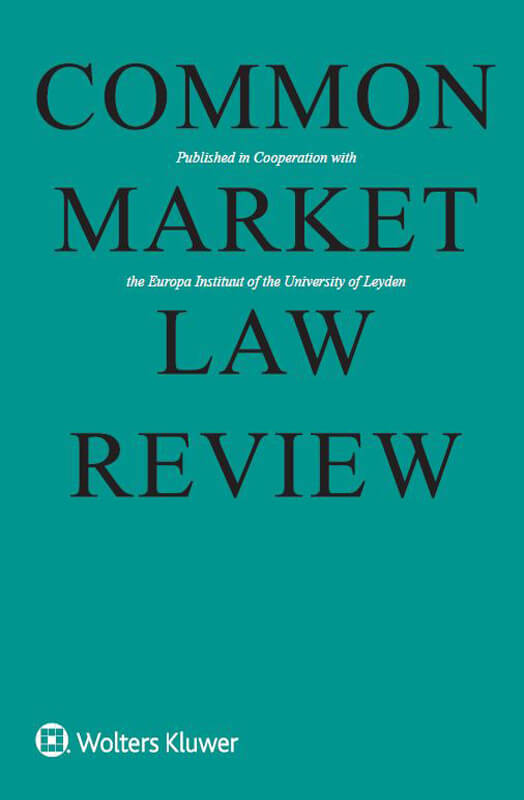Home > All journals > Common Market Law Review > 56(1) >

$25.00 - Rental (PDF) *
$49.00 - Article (PDF) *
Or Brook
Common Market Law Review
Volume 56, Issue 1 (2019) pp. 121 – 156
https://doi.org/10.54648/cola2019006
Abstract
The decentralized enforcement regime of EU competition law is based on the assumption that the obligation to apply the same Treaty provisions is sufficient to ensure a uniform administration of the law. This paper questions this assumption. Based on a systematic analysis of a large database of cases, it presents empirical evidence indicating that the Commission, EU courts and five national competition authorities have followed very different interpretations of the law when applying Article 101(3)TFEU. The paper uses the debate over the types of benefit that can be examined under Article 101(3) TFEU as an illustrative example of the struggle between the different competition authorities in shaping the future of EU competition policy.
Extract
